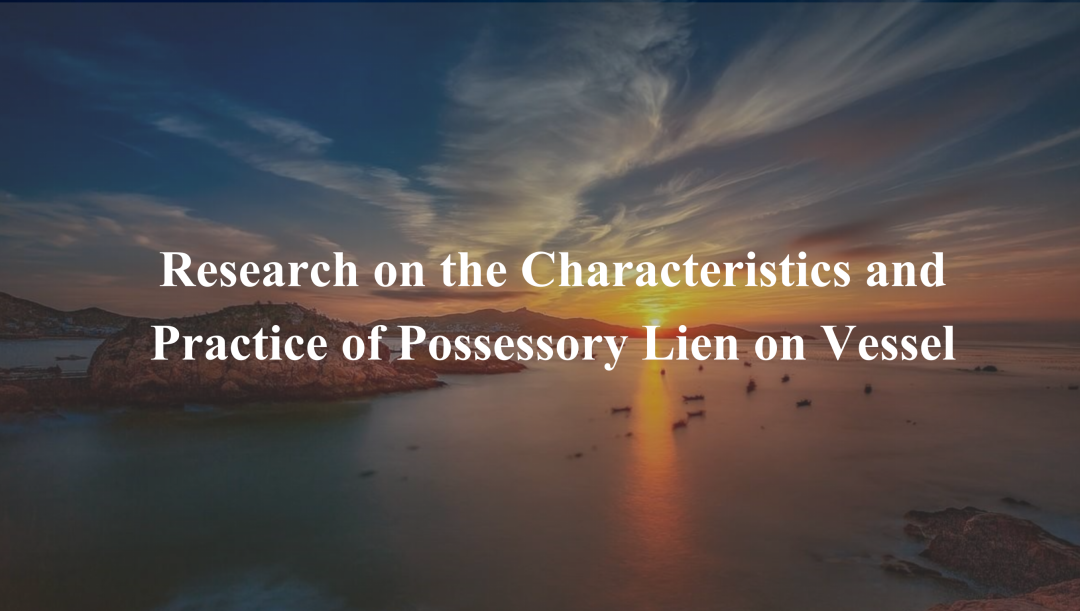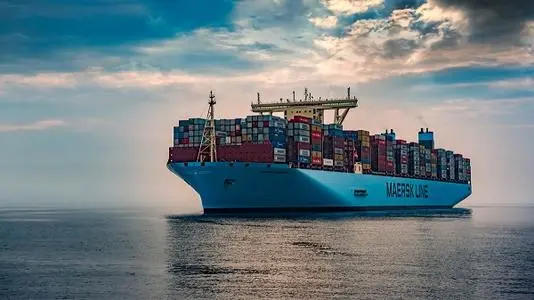Welcome to Shanghai Founder Law Firm! Email:info@gcls.cn Tel£º0086-021-62996116-0
11-25

In 2026, we will travel to the future together, with the establishment of the Manshan Island team by Guochuang headquarters and Suzhou branch
From November 21st to 23rd, 2025, Guochuang Law Firm organized its headquarters and Suzhou branch colleagues to conduct a three-day autumn team building and business exchange activity on Manshan Is..
11-19

KHOR SEE LIN, Senior Partner of YEOH MAZLINA&PARTNERS Law Firm, Visited Shanghai Guochuang Law Firm
On November 19, 2025, Lawyer KHOR SEE LIN, Senior Partner of YEOH MAZLINA&PARTNERS Yangma Law Firm, visited Shanghai Guochuang Law Firm. Chen Min, Director of Shanghai Guochuang ..
11-11

MMALATIN CEO Mr. Diego Martinez Bernie visits Shanghai GuoChuang law firm
On November 6, 2025, Diego Martinez Bernie, CEO of MMALATIN, visited a law firm in Shanghai. Chen Min, Director of Shanghai Guochuang Law Firm, Ji Xin, Partner, and Li Runxuan, Legal Assist..

Lien is an important system in the law of real right, which plays a role in the protection of creditor's rights in the fields of civil law and commercial law. Possessory Lien on Vessel, as an important real right of security in maritime law, is also of great signifcance in protecting the legal rights of certain creditors, protecting transactions and the performance of contracts.
Lien is an important system in the law of real right, which plays a role in the protection of creditor's rights in the fields of civil law and commercial law. Possessory Lien on Vessel, as an important real right of security in maritime law, is also of great signifcance in protecting the legal rights of certain creditors, protecting transactions and the performance of contracts.
However, the Maritime Code of The People's Republic of China only defines the concept of Possessory Lien on Vessel as stipulated in Article 25, while other chapters scatteredly specify the exercisable circumstances, and there are some differences between Possessory Lien on Vessel and general lien on movable property. Based on the concept and characteristics of Possessory Lien on Vessel, the obtaining and eliminating conditions of Possessory Lien on Vessel and the provisions of general movable property lien, this paper discusses the application of Possessory Lien on Vessel in practice.

1¡¢Concept of Possessory Lien on Vessel
In accordance with Article 25 of the Maritime Code of The People's Republic of China, ¡°The Possessory Lien on Vessel means the right of the shipbuilder or repairer to secure the building or repairing cost of the ship by means of detaining the ship in his possession when the other party to the contract fails in the performance thereof.¡±
Obviously, the regulations of possessory lien on ship in the Maritime Code of The People's Republic of China are relatively narrow, which does not include other cases of possessory lien on ship, such as salvage remuneration, towage, chartering dispute, etc.
2¡¢Characteristics of Possessory Lien on Vessel
In terms of the characteristic, for the reason of that Possessory Lien on Vessel belongs to real right for security, it has the general characteristics of real right for security such as subordinate and inseparable. In addition, the Possessory Lien on Vessel has its particularity in nature, specifically:
1. The shipbuilder and the repairer are the subjects of the rights of Possessory Lien on Vessel, that is to say, the law expressly provides that only these two types of subjects are entitled to such rights.
2. A ship in possession pursuant to a contract of building or repair is the object of Possessory Lien on Vessel.
3. A ship that is a lien need not be a ship with which the debtor has proprietorship. In other words, a Possessory Lien on Ship may be claimed by a builder or repairer against a ship in his possession pursuant to a contract of building or repair, for example where the debtor was solely the operator of the ship.
4. Possessory Lien on Vessel is generally achieved through a court auction.
3¡¢Acquisition of Possessory Lien on Vessel
As a statutory real right for security, Possessory Lien on Vessel shall only be created in accordance with legal provisions, instead of by agreement between the parties concerned. In other words, a Possessory Lien on Vessel may arise as long as the conditions prescribed by law are satisfied.
The conditions for obtaining Possessory Lien on Vessel can be divided into positive and negative conditions.
Positive elements:
1. A builder or repairer is in possession of a certain ship.
2. Possession of a ship is based on a contract of building or repair.
3. The possessory ship must be the ship delivered by the other party to the contract.
4. The term of payment of the ship's building or repair expenses has expired.
5. The claims of the builder or repairer are in the same legal relationship with the ship in lien.
It should be noted that the provisions on possessory lien in the Civil Code of China are expressed in terms of "the same legal relationship", that is, the movables taken as lien by the creditor and the creditor's right shall belong to the same legal relationship, which emphasizes the relationship between the occurrence of the creditor's right and the property under lien. In order to encourage commercial transactions, maintain market order and reduce the transaction costs of enterprises and transaction parties, the Civil Code also makes provisions on commercial lien, that is, the lien between enterprises may not be restricted by the same legal relationship.
According to the principle of law taking precedence, as a special law, the provisions of the Maritime Code shall take precedence over civil and commercial lien as stipulated in the Civil Code. However, commercial lien has the effect of strengthening credit in commercial transactions, ensuring transaction safety and helping to realize creditor's rights among enterprises. If it is recognized that the core feature of Possessory Lien on Vessel is to seek a balance of interests between commercial credits and debts formed by merchants in many business activities, commercial lien shall be recognized as being able to apply to ships. Moreover, the legislative trend of commercial lien has been embodied in the Civil Code at present, and may become an amending direction for the Maritime Code of The People's Republic of China in the future.
The negative elements are mainly embodied in the agreement of ¡°no lien¡± in the building or repair contract, that is, if the building or repair contract contains an stipulation requiring the Builder or repairer not to take lien of the vessel built or repaired, no lien of the vessel shall be taken by the builder or repairer for the reason that the building or repair costs are due but have not been paid off.
4¡¢Extinguishment of Possessory Lien on Vessel
There are two reasons for the loss of an ordinary lien: one is the extinguishment of the creditor's right, and the other is those where the debtor provides other security which is accepted by the creditor.
The conditions for the extinguishment of a Possessory Lien on Vessel may be referred to an ordinary lien, or may be inferred from the conditions for the establishment of a Possessory Lien on Vessel:
1. The lien shall lapse as a result of such loss of possession of the property under lien.
2. It shall lapse as a result of the extinguishment of a real right.
Because Possessory Lien on Vessel is a kind of real right for security, all the general reasons for the extinguishment of real rights on Vessel could lead to the extinguishment of Possessory Lien on Vessel, such as the losses of the ships, expropriations, etc.
3. It shall lapse as a result of the extinguishment of the secured debt (discharge, setoff, release, etc.).
4. It shall lapse as a result of the obligee's acceptance of a separate security. Irrespective of whether the security given by the debtor is sufficiently reliable, if the the creditor accpect it, the Possessory Lien on Vessel shall lapse.
5. It shall lapse as a result of an extension of the period for the payment of the ship building or repair costs.
5¡¢Considerations on Possessory Lien on Vessel
In 1992, China adopted the Maritime Code of the People's Republic of China, which has lasted for 26 years. In the process of formulating the Maritime Code of the People's Republic of China, our country has drawn on the international conventions and laws in respect of this field. However, the provisions on Possessory Lien on Vessel in the current Maritime Code of the People's Republic of China are still insufficient. Therefore, it is necessary to regulate Possessory Lien on Vessel in the process of revising the Maritime Code of the People's Republic of China. The author holds that the conditions for the acquisition of Possessory Lien on Vessel may be further clearly prescribed for the purpose of facilitating the regulation of market behaviors. In addition, in consideration of the particularity of a vessel, the ways in which Possessory Lien on Vessel are acquired and extinguished shall be further specified.
notes£º
[1] Si Yuzhuo: Treatise on Maritime Law, 64 p., 1st Edition, 2007, Renmin University Press of China.
[2]Xiong Bingwan, "On commercial lien", No. 4, 2011.
[3]As regards movables for which lien may not be taken as prescribed by Article 449 of the Civil Code of the People's Republic of China or as agreed by the parties concerned, lien may not be taken of such movables.